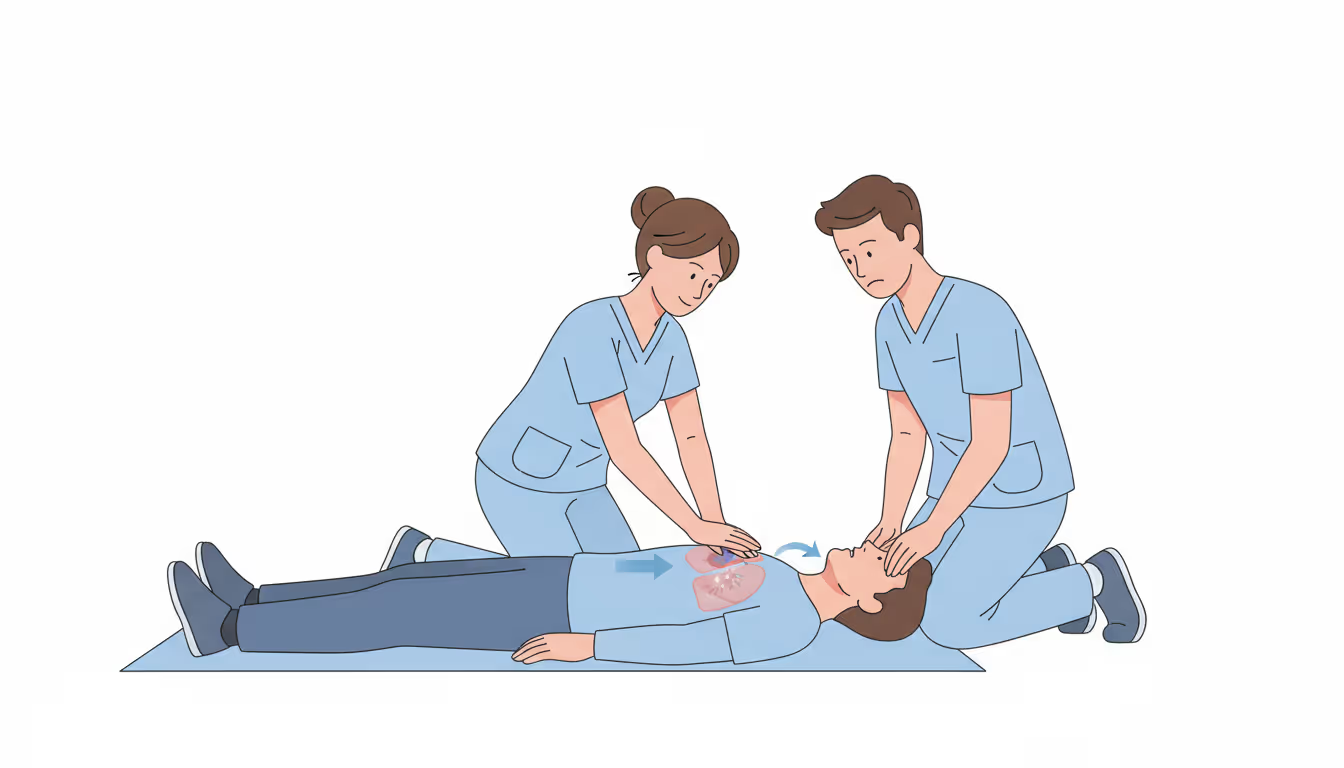
Giardia lamblia is a parasite that leads to a contagious type of diarrhea. It is primarily spread through direct contact with infected feces or by consuming food or water tainted with fecal matter. This parasite is among the most prevalent intestinal parasites globally. The infection is most common in developing nations, often linked to inadequate sanitation, poor water quality, and overcrowding. In the United States, Giardia is a significant cause of waterborne diarrhea outbreaks, especially in mountainous regions where water sources might be polluted with feces from humans or animals like beavers. Therefore, campers and hikers are advised to avoid drinking untreated water from mountain streams.The parasite affects children at a rate three times higher than adults, particularly targeting those in diapers and toddlers undergoing toilet training. Families with young children attending day-care centers face a higher risk of contracting giardiasis compared to the general population.Giardia exists in two stages: trophozoites and cysts. Trophozoites are the active form within the host, while cysts are the dormant stage allowing survival outside the host. Infection begins when Giardia cysts are ingested. The stomach's acid activates the cysts, releasing trophozoites. These parasites attach to the intestinal lining, multiply, and are carried through the intestine in the fecal matter. Cysts form in the lower intestines and are excreted in the feces.Symptoms of giardiasis include sudden, explosive, watery, foul-smelling diarrhea; excessive gas; abdominal discomfort; bloating; nausea; fatigue; and loss of appetite. Vomiting can be a primary symptom for some, though fever is rare. Without treatment, giardiasis can persist for months or even years, causing mild to moderate symptoms such as impaired digestion, particularly lactose intolerance, intermittent diarrhea, tiredness, weakness, and significant weight loss.For diagnosis, stool samples are collected and analyzed over at least three days. The presence of the parasite in the stool is confirmed through microscopic examination. Tests that detect Giardia antigens in feces are especially helpful for screening children in day-care environments and for testing adults post-treatment.Treatment typically involves the medication metronidazole (Flagyl). Pregnant women are advised to avoid metronidazole during the first trimester. Paromomycin is a safer alternative. If relapses occur, re-treatment with the same medication is generally effective. Furazolidone (Furoxone), available in liquid form, may be administered to infants and children under five years old.




